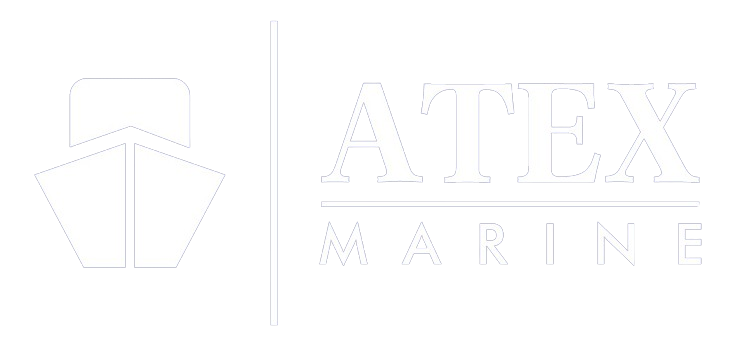AUTOMATION
Understanding Marine Helideck Monitoring Systems
Marine helideck monitoring systems (HMS) are essential for ensuring the safety and efficiency of helicopter operations on offshore platforms and vessels. These systems provide real-time data on weather conditions, deck motion, and other critical parameters to support safe helicopter landings and takeoffs. This guide explores the key aspects of marine helideck monitoring systems and addresses frequently asked questions about their operation and benefits.
What is a Marine Helideck Monitoring System?
A marine helideck monitoring system is a technology used to monitor and report real-time environmental and deck conditions on offshore platforms and vessels. These systems help ensure the safety of helicopter operations by providing accurate and timely information to pilots and deck crews.
Benefits of Marine Helideck Monitoring Systems
Implementing a marine helideck monitoring system offers several advantages:
- Enhanced Safety: Provides real-time data on weather conditions and deck motion, ensuring safe helicopter operations.
- Compliance: Helps meet regulatory requirements and industry standards for offshore helicopter operations.
- Operational Efficiency: Supports efficient scheduling and coordination of helicopter landings and takeoffs.
- Accurate Data: Delivers precise measurements of environmental and deck parameters, aiding in decision-making.
- Risk Mitigation: Reduces the risk of accidents and incidents during helicopter operations.
10 Frequently Asked Questions (FAQs) about Marine Helideck Monitoring Systems
| FAQ | Answer |
|---|---|
| What is a marine helideck monitoring system? | A system designed to monitor and report real-time environmental and deck conditions to ensure safe helicopter operations on offshore platforms and vessels. |
| How does a helideck monitoring system work? | It uses sensors and instruments to collect data on weather conditions, deck motion, and other critical parameters, which are then displayed in real-time. |
| What parameters does the system monitor? | The system monitors parameters such as wind speed and direction, air temperature, humidity, barometric pressure, and deck motion (heave, pitch, roll). |
| Why is a helideck monitoring system important? | It ensures the safety of helicopter operations by providing accurate and timely information about the environmental and deck conditions. |
| Are helideck monitoring systems mandatory? | Yes, many regulatory bodies and industry standards require the use of helideck monitoring systems for offshore helicopter operations. |
| How often should the system be maintained? | Regular maintenance should be performed according to the manufacturer’s guidelines and regulatory requirements, typically on a quarterly or bi-annual basis. |
| Can the system provide historical data? | Yes, many systems can store and provide historical data for analysis and reporting purposes. |
| Is the installation of a helideck monitoring system complex? | Installation complexity varies, but many systems are designed for straightforward integration with existing offshore infrastructure. |
| Can the system be integrated with other offshore safety systems? | Yes, helideck monitoring systems can be integrated with other safety and communication systems for comprehensive operational management. |
| What happens if the system detects unsafe conditions? | If unsafe conditions are detected, the system will trigger alarms and provide warnings to pilots and deck crews to take necessary precautions. |
Conclusion
Marine helideck monitoring systems are essential for ensuring the safety and efficiency of helicopter operations on offshore platforms and vessels. By providing real-time data on weather conditions and deck motion, these systems enable safe and informed decision-making for helicopter landings and takeoffs. Understanding the benefits and addressing common questions about these systems can help offshore operators implement this critical technology effectively.
